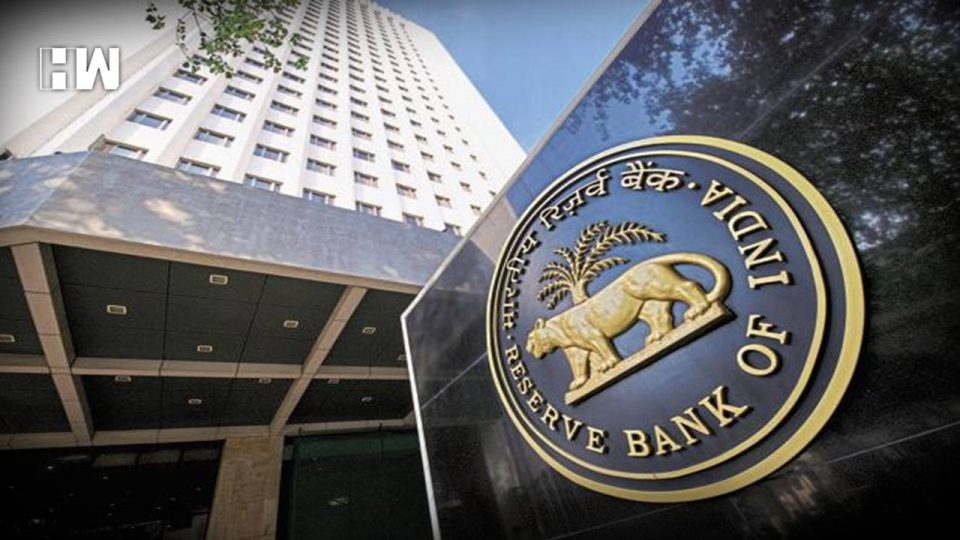In a landmark decision, The Supreme Court today struck down the RBI’s controversial Feb 12th Circular on defaulting companies, calling it illegal, in a decision that would have definitely rattled egos on Mint Street.
The Feb 12th circular revamped the framework used by banks to deal with stressed assets with an outstanding loan of over ₹ 2,000 crore. As per the circular, banks were asked to initiate a resolution plan even if a company is in default for a single day. Hence, banks would classify such default (even by a day) as an NPA and were given 180 days from the first day of default to finalise and implement a resolution plan. If they fail, the account must compulsorily be referred for insolvency proceedings under the IBC Code.
The drawbacks of the Feb 12th circular were that it put strain on the Balance Sheet of banks who are forced to classify the account as an NPA immediately, thereby increasing provisions and affecting profitability.
The circular also does not differentiate between cases that became NPA due to poor management or due to external factors beyond the control of the entities such as lack of power purchase agreements (PPAs) in case of power companies or delay in payment or adjudication of claims etc.
Another drawback was the Feb 12th circular made initiation of insolvency proceedings mandatory after the 180 day deadline, thereby taking away the discretion given to financial creditors under the IBC Code.
The striking down of this circular by the Supreme Court comes as a major relief to stressed companies, specifically power and sugar companies.
As an independent media platform, we do not take advertisements from governments and corporate houses. It is you, our readers, who have supported us on our journey to do honest and unbiased journalism. Please contribute, so that we can continue to do the same in future.

